Entry Category: Civil Rights and Social Change - Starting with M
Mitchell, Elton (Lynching of)
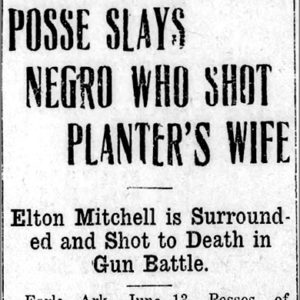 Elton Mitchell Lynching Article
Elton Mitchell Lynching Article
 Harry Mitchell
Harry Mitchell
Mitchell, Harry Leland
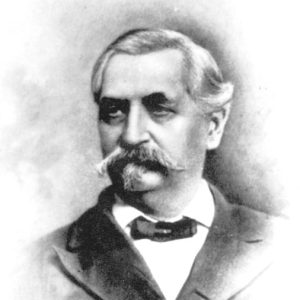 James Mitchell
James Mitchell
Mitchell, Juanita Jackson
Mitchell, William Starr (Will)
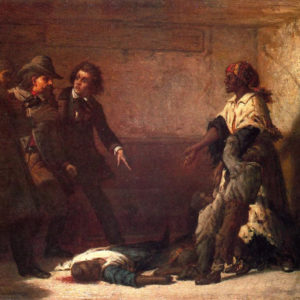 The Modern Medea
The Modern Medea
Monroe County Lynching of 1893
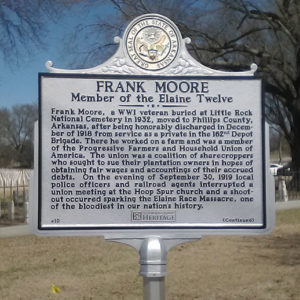 Frank Moore Memorial
Frank Moore Memorial
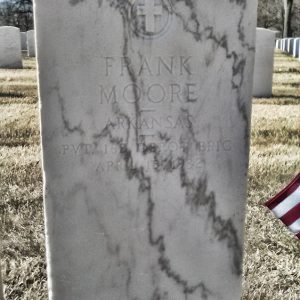 Frank Moore Tombstone
Frank Moore Tombstone
Moore v. Dempsey
Moore, Frank
Moroles, María Cristina DeColores
Morrison, Lee (Lynching of)
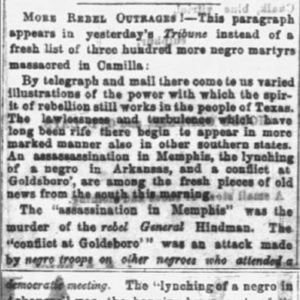 Lee Morrison Lynching Article
Lee Morrison Lynching Article
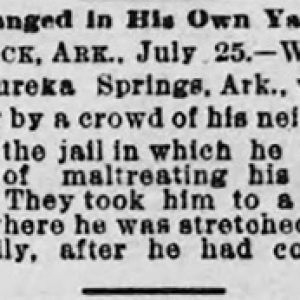 William Morrison Lynching Article
William Morrison Lynching Article
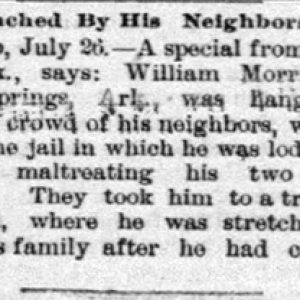 William Morrison Lynching Article
William Morrison Lynching Article
 Mosaic Templars Headquarters
Mosaic Templars Headquarters
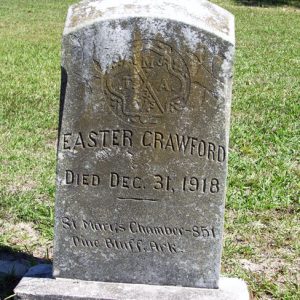 Mosaic Templars of America Seal
Mosaic Templars of America Seal
Mosaic Templars of America
Mosely, Julius (Lynching of)
Mothers’ League of Central High School
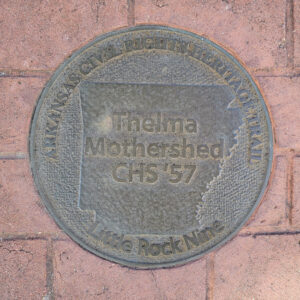 Mothershed Marker
Mothershed Marker
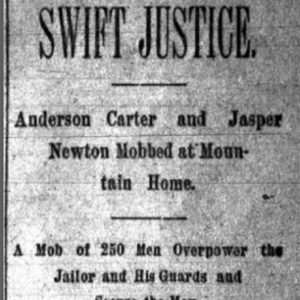 Mountain Home Lynching Article
Mountain Home Lynching Article
Mullens, Nat (Lynching of)
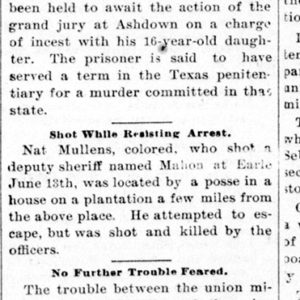 Nat Mullens Lynching Article
Nat Mullens Lynching Article
Multiculturalism
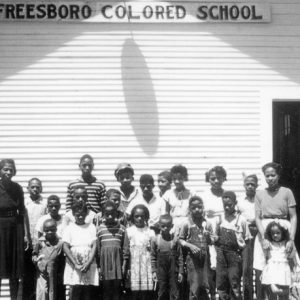 Murfreesboro Colored School
Murfreesboro Colored School




